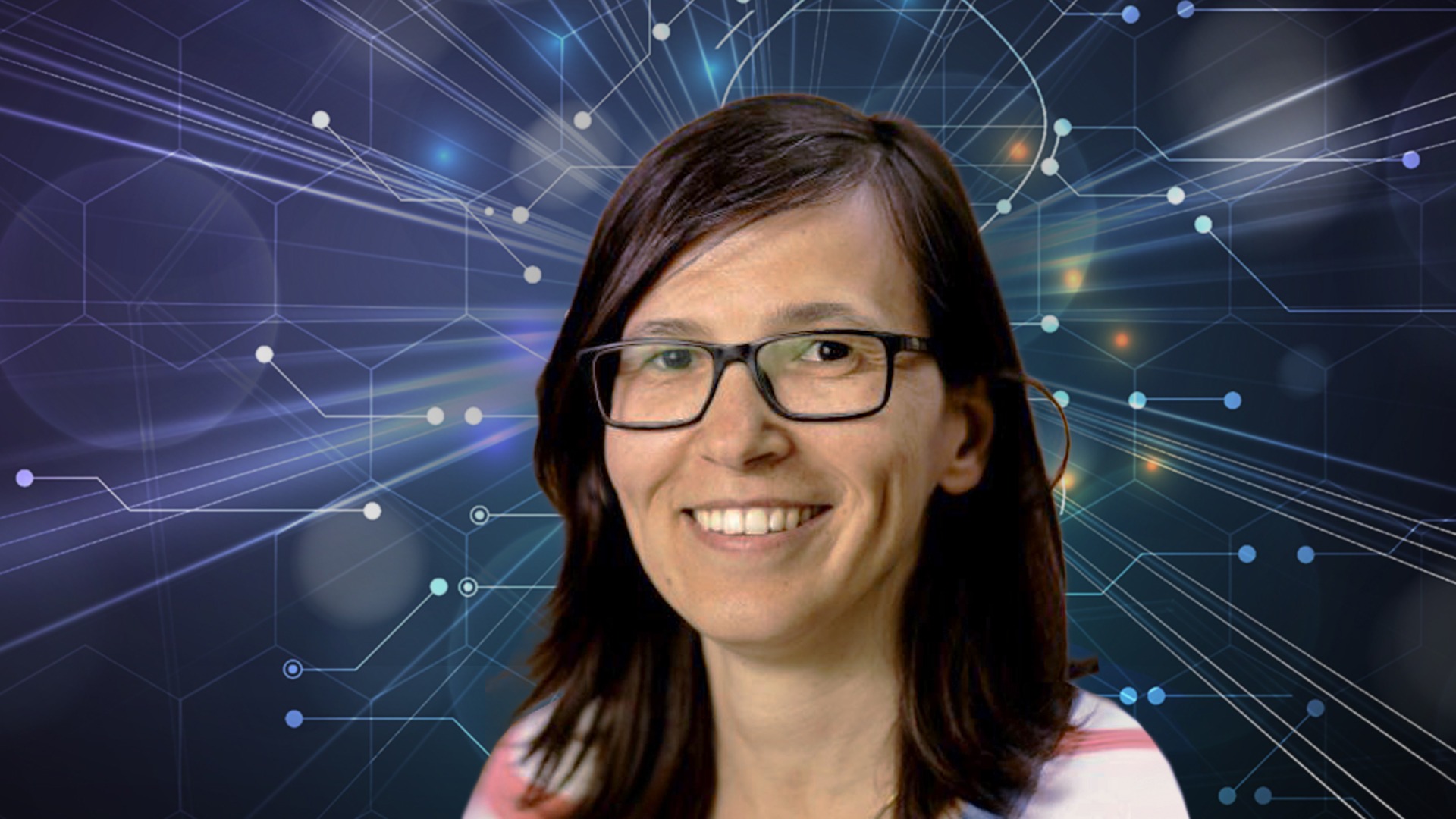New DDLS Research School Director: Marija Cvijovic
One of the main objectives of The SciLifeLab and Wallenberg National Program for Data-Driven Life Science (DDLS) is to recruit and train the next-generation of data-driven life scientists. In order to achieve this goal, the program will establish a research school for more than 250 PhDs, within both academia and industry. The research school will be launched in 2023/2024, and has now recruited its Director, Professor Marija Cvijovic from Gothenburg University/Chalmers.
Marija is eager to start shaping the future of Swedish life science professionals. Through interdisciplinary collaboration, creativity, and problem-solving the DDLS Research School will become an integral part of the Swedish life science ecosystem. She started her studies in her home country Serbia at the University of Belgrade, where she studied for a Bachelor’s in Mathematics. Having completed her Bachelor’s, she moved on to study a Master’s Program in Bioinformatics at Chalmers in Gothenburg. Marija then went on to do her PhD in Systems Biology at the Max Planck Institute in Germany, during this time she traveled the world and did research and training visits in various countries.
Marija would eventually return to Sweden, finishing her Postdoc in Metabolic Engineering at Chalmers, which lead to a position as Assistant Professor at the Department of Mathematics at the University of Gothenburg, where she is now a full Professor in Computational Biology.
During her many years in academia, she has become increasingly interested in leadership.
“In recent years, I become interested in academic leadership and currently act as a Director of Graduate Studies in Applied Mathematics and Statistics and as a vice Head of the Department responsible for innovation and utilization”, she says.
Her interest in academic leadership and her desire to explore and be more involved in life science efforts led her to the role of DDLS Research School Director.
“Curiosity and desire to take part in the development of life science efforts of national importance led me to this role. I am looking forward to contributing to the DDLS program by providing an environment where flexibility, critical thinking, and the ability to operate across disciplinary borders are essential, thus giving our graduate students an opportunity to acquire competencies necessary for attractive careers in science or industry”, Marija explains.
Interdisciplinary collaboration, creativity, and problem-solving skills are some of the things that Marija highlights as very important when talking about the challenges and goals of the DDLS Research School.
“There is not a doubt that cross-disciplinary training is of increasing importance in the complex world we face. Thus, training graduate students to improve problem-solving skills by synthesizing interdisciplinary tools and evaluating issues from different research agendas is essential. Such students are increasingly important both in Swedish academic research and in industry.
My vision is to create a graduate research school that will give students the flexibility to tailor their education to their skills and interests as they evolve. The school will provide a collaborative network that encourages creative thinking, interdisciplinary collaboration, and high-stakes, high-reward research with a direct impact on the societal challenges we are facing”, she says.
The DDLS Research School will become an integral part of Swedish life science research and industry.’
“The DDLS Research School will become an essential platform to foster the talent, intellect, and drive to grow and lead the next generation of biomedical innovators in the Swedish life science sector that will tomorrow make a difference as leaders and innovators in academia, biotech and government research, business and finance, education, and policymaking”, Marija concludes.





